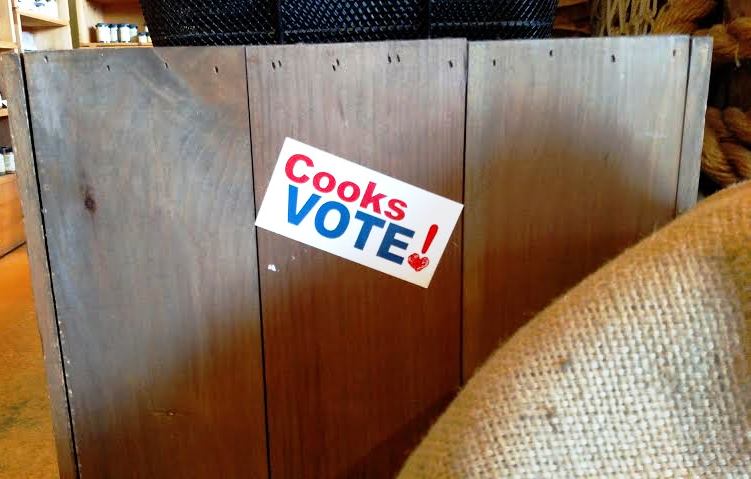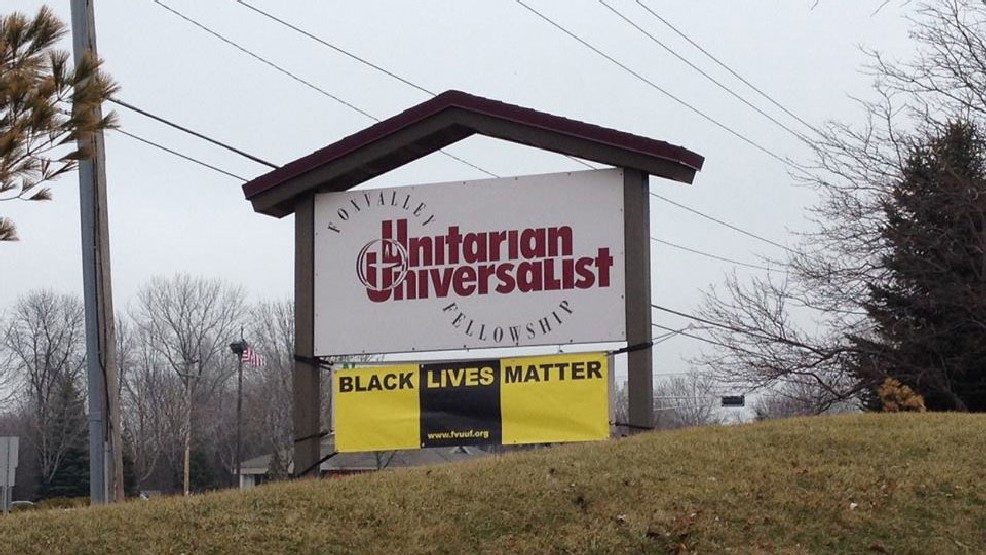No, thank you. I might agree with the topic at hand. I might support the organization or the movement wholeheartedly. I might even be one who donated money to the cause.
But add my name to an online petition? Not any more.
Share a clever picture and slogan (a.k.a. “meme”)? Not if you have to tell me what to do with it.
You see, Facebook folks, it’s like this. Long ago, a petition was a handheld list circulated by a dedicated volunteer with a clipboard. In order to recruit signatures, the volunteer had to talk face to face with potential signature-bearing citizens. When that volunteer handed in the petition and merged those signatures with all the other papers from all the other clipboards, those numbers meant something. Those signatures came from people who had thought about the cause, the pending legislation, or the candidacy of an individual who wanted to run for office. Those signatures meant something.
Today, nomination papers still mean something. I had the privilege of circulating nomination papers for Tom Nelson, our County Executive who is now running for Congress. Everyone I talked to wanted to sign because they knew Tom or knew of Tom and supported him in his quest to represent us in Washington, D.C.
But online petitions are another story. It’s much too easy to add a name to an online petition. Many (and I’m talking thousands, more in many cases) people add their names to online petition and say, “I signed!” without doing any research whatsoever. For example, “I can’t believe they shot the gorilla!” or “Free Stevie the Murderer!” And therein lies the danger. It’s easy to sign a misleading petition. It’s easy to become incensed about an issue without knowing the facts. The number of “signatures” loses meaning as the personal element disappears.
And that, my friends, is why the Powers That Be don’t take online petitions seriously. They recognize these petitions as potential interest-grabbing statements, but Those In Power rarely act on a petition that collects signatures only online. If it’s too easy to achieve a large number of “signatures,” those signatures mean less and less.
Now for the “Share if you Agree” factor. I will continue to share posts I find relevant and/or fun. But if the original poster or sharer considers us readers too stupid to know what to do, then forget it. I rarely share posts that insult me by instructing me, “Share if you Agree.” I’m more likely to do nothing, even if I support the cause.
You may be thinking, “But Daisy! How can I make a difference? How can I be the good in the world?” Here it is, folks.
- Put your money where your heart is. Make a donation. If you can’t donate money, donate clipboards. Toilet paper. A vacuum cleaner.
- Volunteer. Walk around with a clipboard. Talk to voters. Attend a training session. Enter data.
- Call your legislators. Email means less because it’s (again) too easy. Snail mail is, well, slow. Pick up the phone. It’ll help if you know the name and number of the bill that’s pending. Call even if your legislators support the bill in question; they need to be able to say “My constituents want this” and back it up with numbers.
So that’s how it goes, my friends. If you want my support, don’t ask me to share a meme or sign an online petition. I plan to stop by at the local Democrats’ office and offer my computer skills. I’ve also entered my senators’ phone numbers into my cell phone for easy access. I’m ready.
How about you, readers? What’s the best way to get your voice heard?



